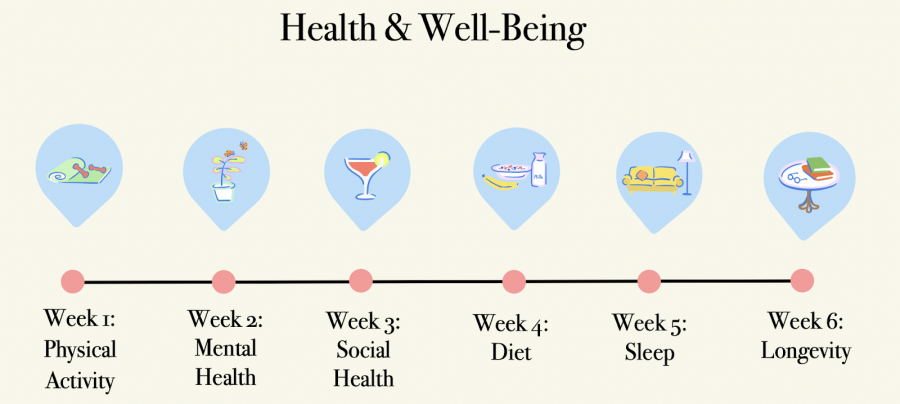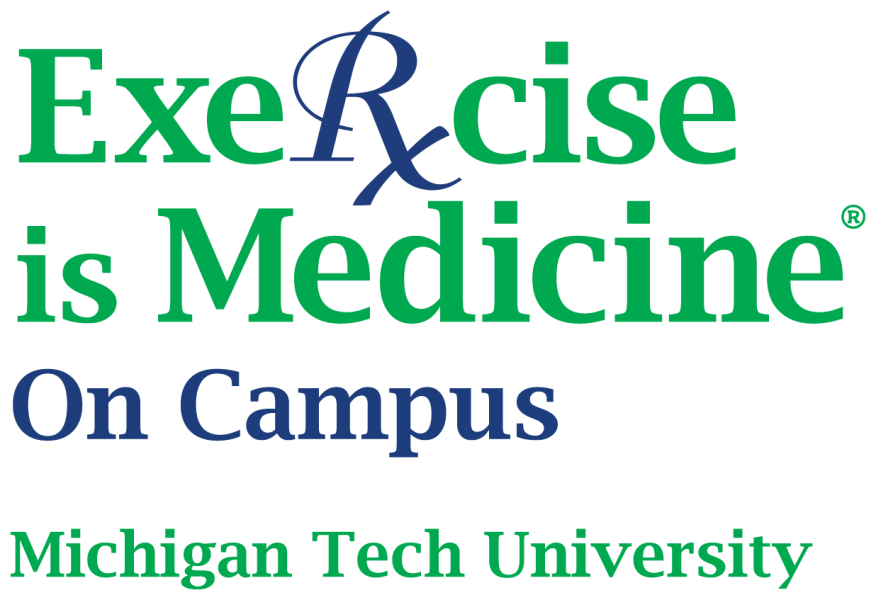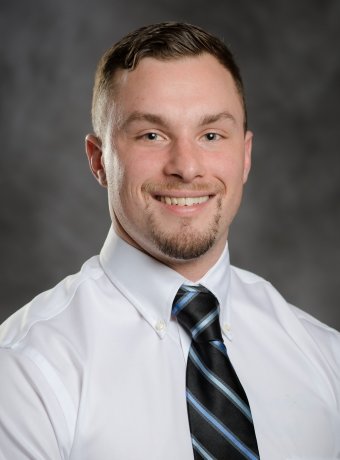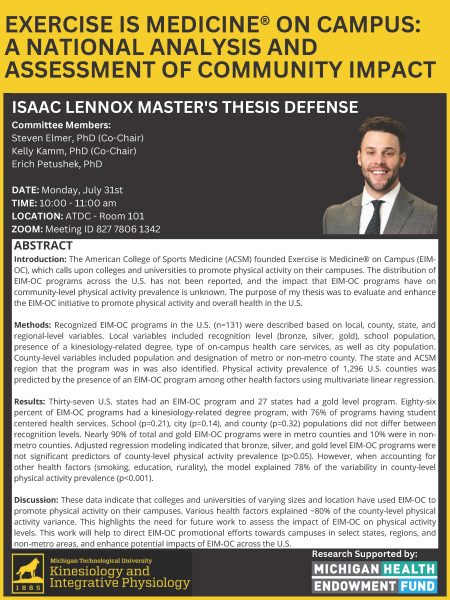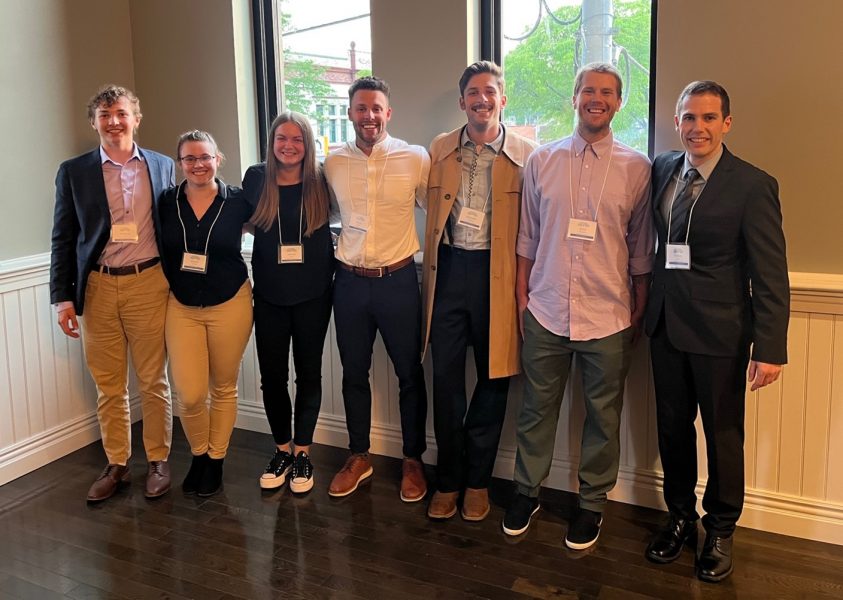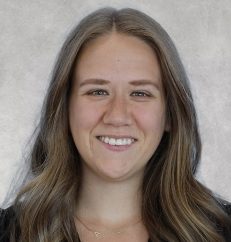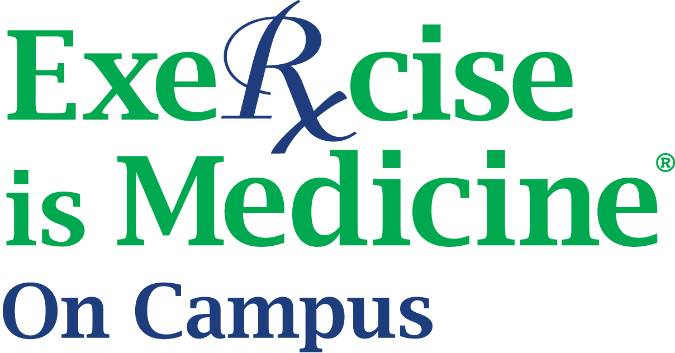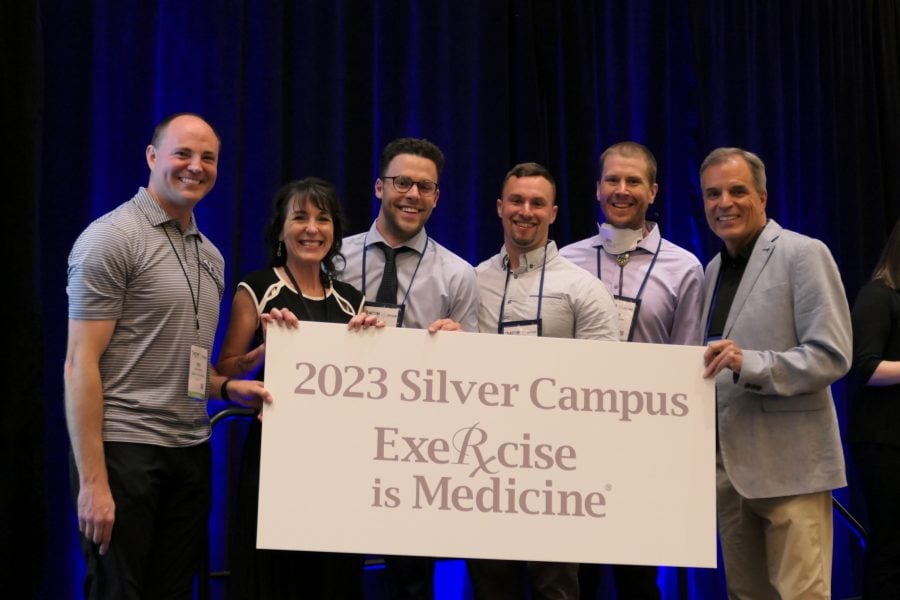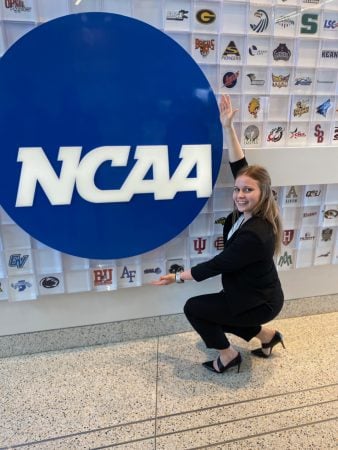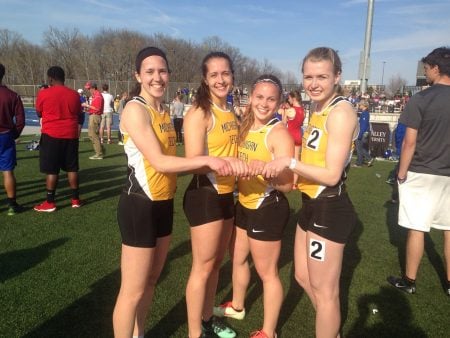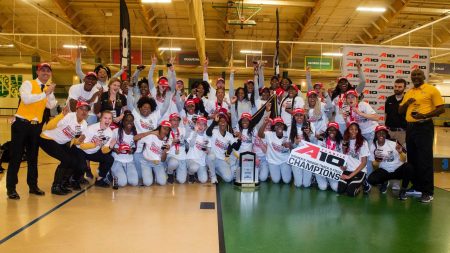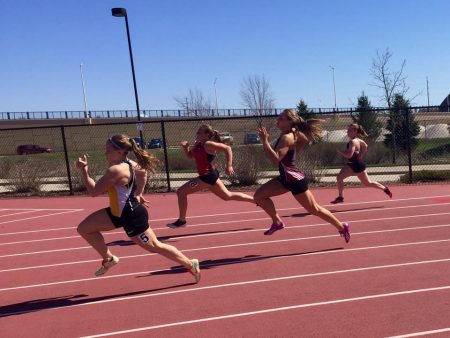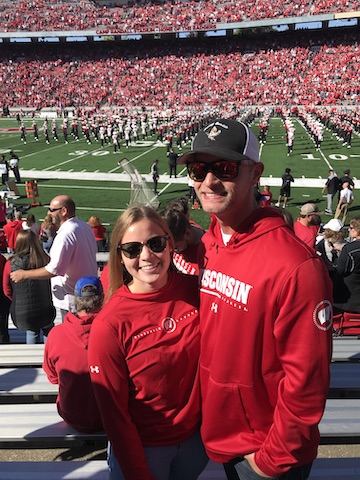Background
Mental health and well-being is a well-documented concern in many settings, including school, work, and at home. Many individuals face depression, anxiety, eating disorders, substance abuse, and more. As graduate students in the Department of Kinesiology and Integrative Physiology, we believe that well-being is multifaceted and includes physical, mental, and emotional components. During his time in office, U.S. Surgeon General Dr. Vivek Murthy has raised several concerns related to mental health and well-being. Many of these relate to mental health. However, the U.S. Surgeon General seeks to remedy other concerns related to physical inactivity, health literacy, social media usage, and many other topics. A recent KIP blog post highlighted how the Surgeon General addresses the effects of loneliness and social isolation in individuals affecting overall health. Increased risk of dementia, cardiovascular disease, stroke, and mental illnesses are linked to increases in loneliness and social isolation. With guidance from the Surgeon General, these concerns will be addressed in this next series of blog posts. Our team read these advisory statements as a call to action, inspiring us to create a platform where our campus and community members can learn more about how to better their health and well-being.
Answering “The Call”
This series of blog posts will expand on the overarching theme of creating healthier habits and improving overall well-being, while also trying to promote health literacy by producing clear and concise information for all to view. The series will be broken down into six different posts that explore different aspects of health. These subsections will be defined as physical activity, mental health, social health, diet, sleep, and aging. Each segment will include an introduction to the topic, present relevant information and evidence, and provide simple recommendations that you can apply to your everyday life to improve your health and well-being. Our team is very passionate toward rural areas and rural health. This blog will aim to provide creative ways to improve the quality of life without the need for extensive resources. This blog will serve as a platform to share these ideas to improve our health and well-being in a comprehensive and accessible way. To complement this blog, information will be shared on the Michigan Tech KIP department’s social media pages (Facebook, Instagram, TikTok, and Youtube).
A Bit About Us and How We Want to Help You
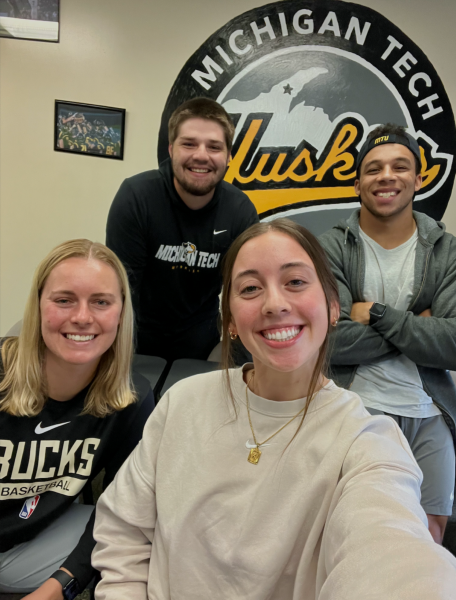
Our team consists of 4 Michigan Tech KIP Graduate Students. Kate Meister and Alex Rondorf are members of the Michigan Tech Women’s Basketball Team. Michael Bates and Blake Hewitt are members of the Tech Football Team. All of us are committed to ensuring a brighter future for a community we’ve been privileged to be a part of for the last several years. We all plan to pursue careers in healthcare/applied sports science and feel passionate about bringing you the latest and greatest information to ensure your overall well-being. We feel it’s important to advocate for a healthy lifestyle and want to present small steps that lead to big changes over time. This blog series will also help us refine our skills in science communication, which we are working on in Dr. Elmer’s KIP 5000 Advanced Exercise Physiology class this semester. Thank you for spending your time with us and we are excited to share our ideas and findings, as we embark on this journey to improve our health and well-being together.
Next Up
For the next post to be presented in this series, our first installment will provide an outlook on physical activity. We’ll talk about why physical activity is a necessary part of our daily lives, how much physical activity we really need, and how getting up and moving may actually save your life…
